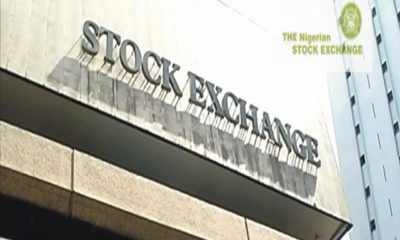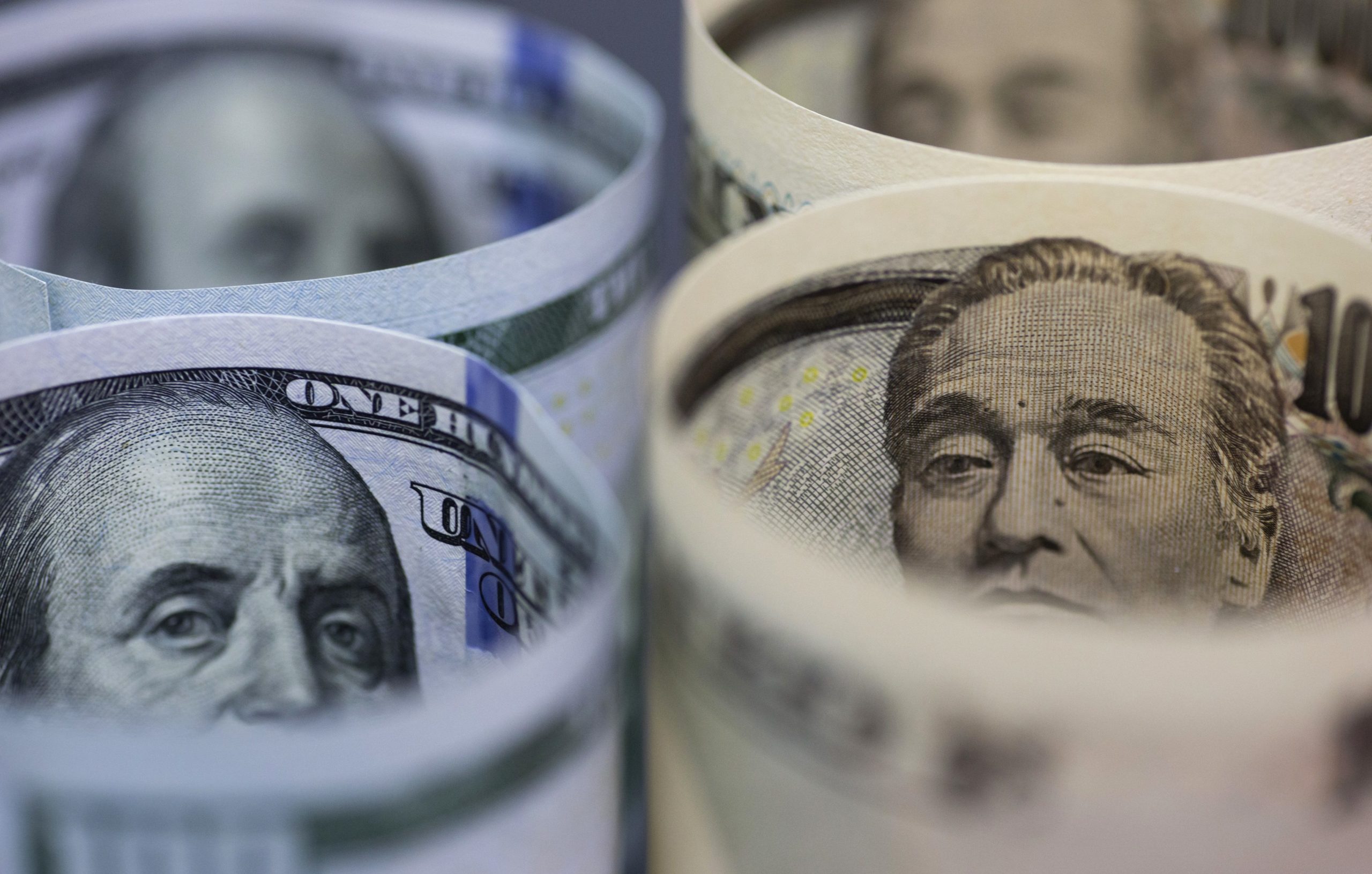- Raising Funds From the Capital Market
In the last ten years, Nigeria has made remarkable progress in capital market development. The menu of available asset classes has been expanded to include Exchange Traded Funds, while market infrastructure has been modernised and strengthened with the Platforms for Over-the-Counter trading namely the National Association of Securities Dealers and the Financial Market Dealers Exchange now established.
Improved regulation and confidence- building measures by the regulators have contributed in no small measure to lift the market.
Specifically, the Securities and Exchange Commission, has undertaken a number of initiatives to boost investors’ confidence notable among which are the establishment of the National Investors Protection Fund meant to cushion the adverse effect of losses suffered in the capital market, and the e-dividend policy designed to minimise cases of unclaimed dividend.
There is also the Direct Cash Settlement scheme which ensures that investors receive their money directly whenever securities are sold, the Corporate Governance scorecard for companies listed on the Nigerian Stock Exchange and the recapitalisation of capital market operators which has gone a long way in curbing sharp practices in the market.
As a complement, the NSE implemented minimum operating standards for market operators as well as launched the Premium Board which offers issuers the benefits of greater visibility and opportunities to raise capital.
Undoubtedly, these measures have sent the right signals to the investing public with regard to rules enforcement and market discipline.
While these are encouraging developments, experts say many businesses have yet to take advantage of the opportunities which the capital market provides in raising the needed funds for business expansion. They say going public and offering stock in an initial public offering represents a milestone for most privately owned companies.
According to them, the main reason companies decide to go public, however, is to raise money and spread the risk of ownership among a large group of shareholders. Spreading the risk of ownership is especially important when a company grows, with the original shareholders wanting to cash in some of their profits while still retaining a percentage of the company.
Experts say one of the biggest advantages for a company to have its shares publicly traded is having their stock listed on a stock exchange.
In addition to the prestige a company gets when their stock is listed on a stock exchange, other advantages for the company include being able to raise additional funds through the issuance of more stock.
This is because companies can offer securities in the acquisition of other companies stock. Also, stock options programmes can be offered to potential employees, making the company attractive to top companies.
Experts also say that having a company’s stock listed on a capital market can attract the attention of mutual and hedge funds, market makers and institutional traders. But what does it take to have a company shares listed on the capital market? Experts say the company must have a proven track records backed up with profitability.
According to the Securities and Exchange Commission, for a company to have its shares listed on the capital market for the first time, such a firm would be registered as a public limited company with no restrictions on the transfer of fully paid shares.
The company must also have a minimum of three years’ operating track record with a pre-tax profit from continuing operation of not less than N300m cumulatively for the last three fiscal years and a minimum of N100m in two of these years.
Other requirements to be satisfied by the company, according to SEC is the presentation of financial statements which must be compliant with the applicable SEC rules and covering the last three fiscal years; and ensuring that a minimum of 20 per cent of the issued share capital is made available to the public and held by not less than 300 shareholders.
The company intending to list its shares on the capital market is also expected to have shareholders’ equity of not less than N3bn; and if the listing is in connection with an Initial Public Offering, the promoters and directors will hold a minimum of 50 per cent of their shares in the company for a minimum period of 12 months from the date of listing.
The company will also ensure that the directors and promoters of the company will not directly or indirectly sell or offer to sell such securities during that 12 months period.
Other requirements are that the company intending to list must ensure that the securities are fully paid-up at the time of allotment or registration in compliance with the applicable SEC rules; and it must undertake to promptly pay annual listing fees based on market capitalisation.
The Acting Director-General, SEC, Mary Uduk, says the commission is working with the Corporate Affairs Commission to encourage more companies to list on the capital market.
She says, “We are making concerted efforts in collaboration with CAC and other stakeholders to assist public companies that are yet to register their securities to do so without much difficulty.
“These initiatives continue to highlight and promote developments and trends in the Nigerian Capital Market and drive Financial Inclusion aimed at reducing adult exclusion from financial services.


 Forex3 weeks ago
Forex3 weeks ago
 Naira3 weeks ago
Naira3 weeks ago
 Billionaire Watch3 weeks ago
Billionaire Watch3 weeks ago



 Naira3 weeks ago
Naira3 weeks ago






 Naira2 weeks ago
Naira2 weeks ago




 Naira2 weeks ago
Naira2 weeks ago




 Naira4 weeks ago
Naira4 weeks ago






 Naira1 week ago
Naira1 week ago




















